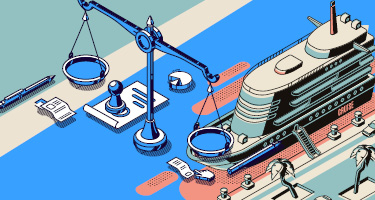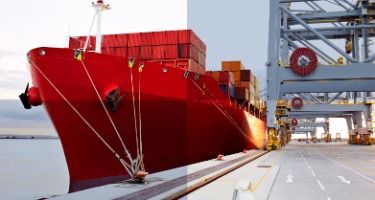A U.S. District Court in Florida recently dealt a fatal blow to a barge owner’s attempt to have its liability limited under the Shipowners Limitation of Liability Act. The litigation arose out of a barge breakaway which resulted in damage to a bridge and other property and disrupted the operations of nearby businesses. Under the appropriate circumstances, admiralty law allows a vessel owner to have its liability limited to the value of its vessel and pending freight, which can often be substantially less than the damage caused by a vessel-related accident. Limitation will not be allowed if it is shown that the mishap was caused by something within the vessel owner’s “privity or knowledge,” which basically means that the incident occurred when the owner or its management knew or should have known ahead of time about the conditions or circumstances that led to the accident happening.
The breakaway in this case occurred during a hurricane, and the owner of the barges argued that the extraordinary weather conditions amounted to an “Act of God,” against which a reasonable efforts could not have prevented the breakaway. This argument was rejected when the Court concluded that, because the owner was aware of the impending storm, it was not caught off-guard by Mother Nature and should have taken more stringent steps to secure its vessels out of harm’s way. “Privity and knowledge” of the approaching hurricane doomed the owner’s chance at prevailing on a limitation defense.
Also, the multiple parties challenging the owner’s attempt at limiting liability invoked the longstanding maritime law precedent known as The Louisiana Rule. That legal principle provides that when a moving vessel strikes and damages a stationary object, it is presumed that the vessel is at fault. When that rule was invoked, the vessel owner then bears the burden of demonstrating that it lacked negligence in causing the vessel to strike the stationary object. The barge owners here could not satisfy that burden due, in large part, to the Court’s conclusion that it did not take sufficient measures in advance of the hurricane to ensure that its barges were adequately safeguarded.
This ruling is significant in that it not only removed the vessel owner’s limitation of liability defense, it also resulted in the various property owner’s claims being removed from the Court’s admiralty jurisdiction, so that they could then proceed with their claims in state court.



















